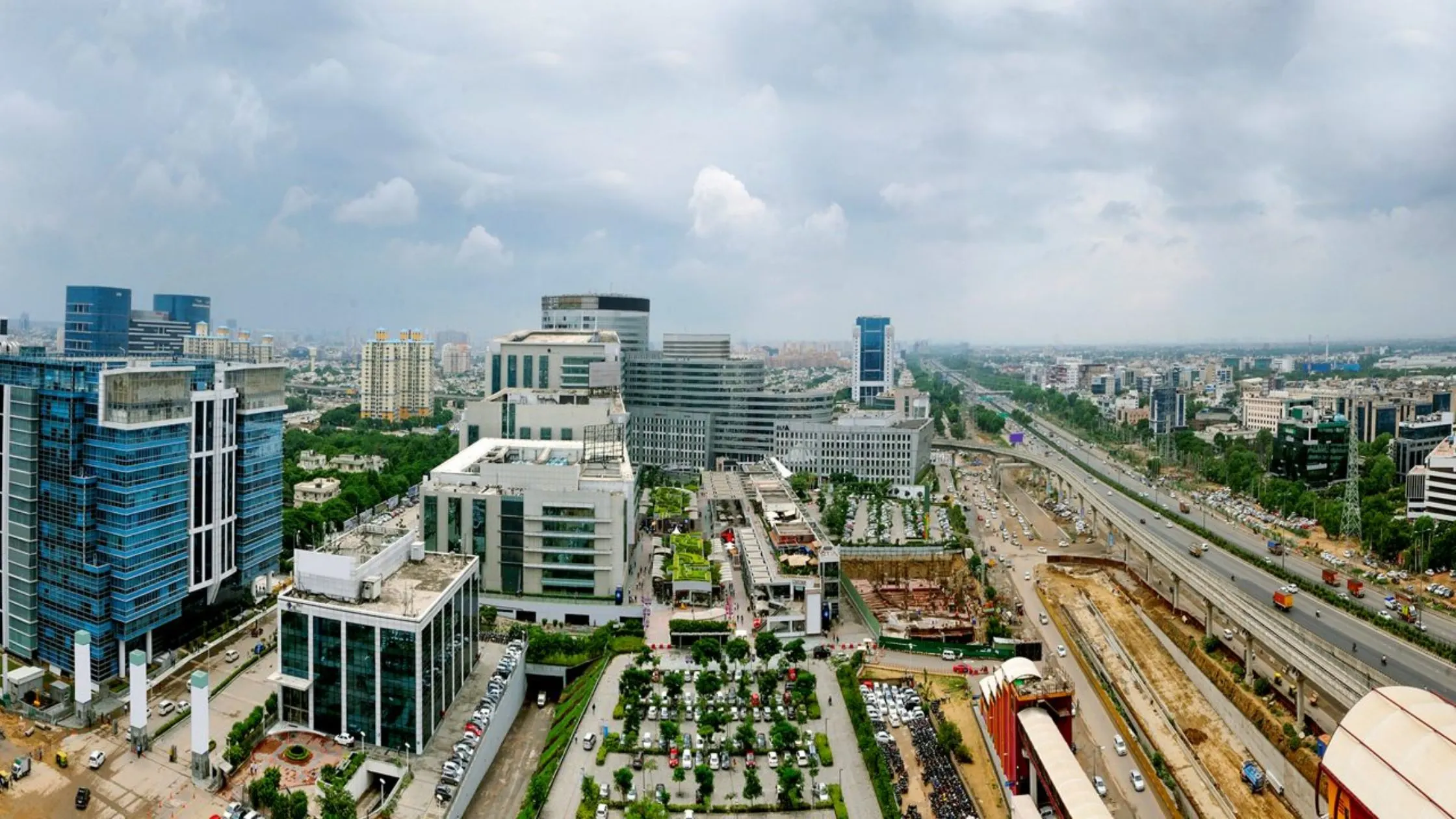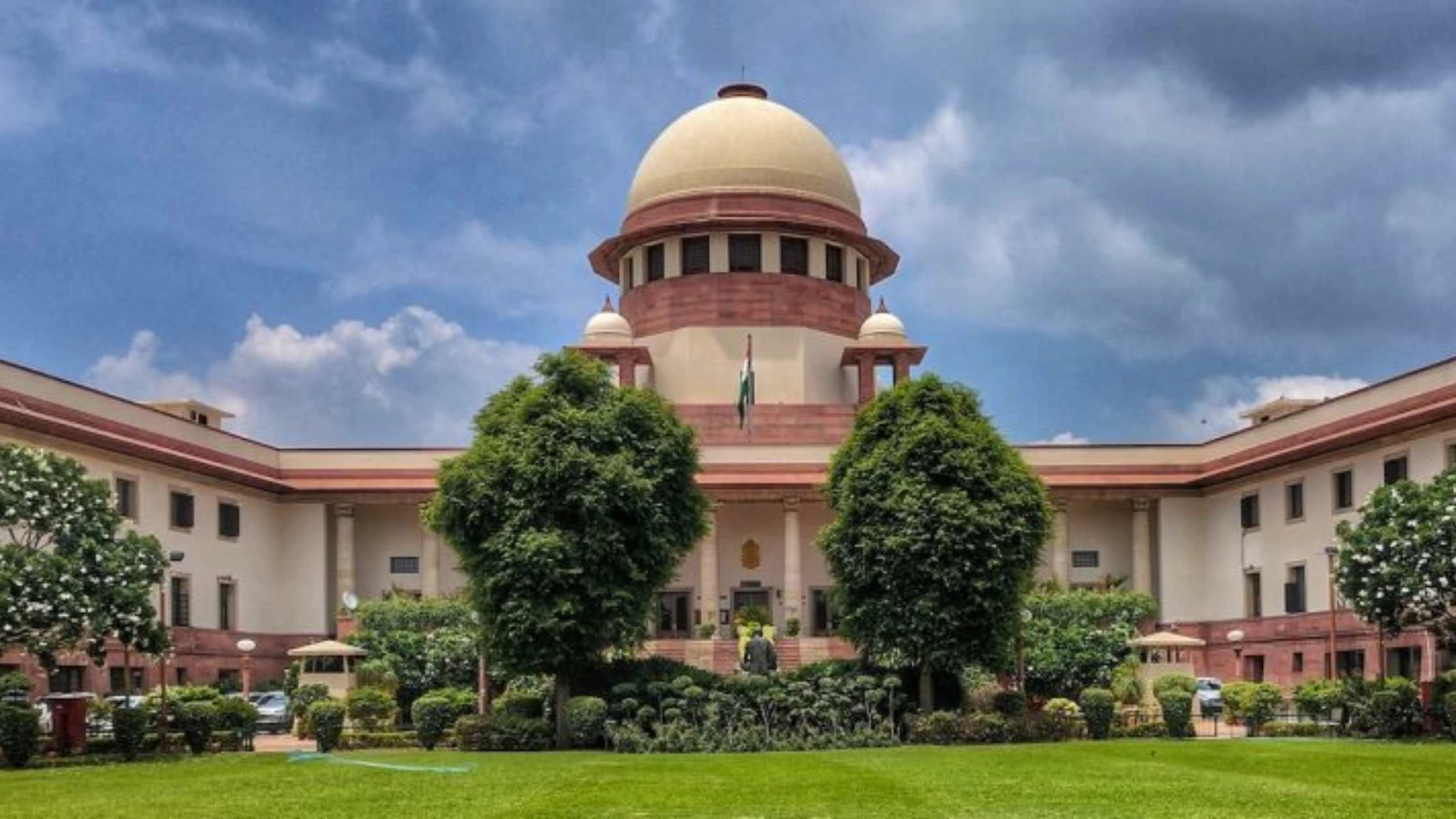Table of Content
▲
A second home can be an appealing option for a variety of reasons. It might provide rental income, or it might offer you a wise investment in the long run, or perhaps it will just be your home away from home. Regardless of your reasoning, you should complete extensive thought and planning before you make any significant financial commitment to make sure you are comfortable with an investment in a second home. Here is a complete guide of the five most important aspects to consider before buying a second home.
1. Assess Your Financial Readiness
Buying a second property is a significant financial commitment. Before proceeding with a second home purchase, assess your finances to ensure you can sustain both the purchase and its constant costs.
- Budgeting: Experts suggest your combined monthly EMI payments should not exceed thirty to forty percent of your household's total take-home income. This ensures you aren't over-leveraging yourself financially.
- Loan amount: Ideally, fund at least fifty percent of your property's value with savings and then only borrow the rest. This should lessen the worry of financial stress.
- Do you have enough funds to always pay the EMI? Be prepared to cover the EMI even if you do not use the property or cannot fetch rental income from it for a long duration.
Pro Tip: Go without your emotions. As this purchase is only a valuable financial asset it is prudent to assess its value objectively.
Also Read: GST on Housing Society Maintenance: What Every Apartment Owner Should Know
2. Prioritize Location for Maximum Returns
The location of your second home directly affects its long-term success as an investment. An ideal location captures both capital appreciation and rental income.
- Lifestyle Purchases: If the investment was a lifestyle purchase (vacation home or weekend retreat) then we can talk about preferred places, whether it’s hill stations, beaches or religious towns.
- Investment Purchases: If the investment was for an investment purpose, look for places undergoing infrastructural growth, industrial development, or economic growth.
Examples of these areas include Jewar, Greater Noida, and notably Noida, which are experiencing tremendous amounts of appreciation due to developments like the Jewar International Airport and area development projects.
3. Understand Management Responsibilities
A second home means added management. Before making that purchase, ask yourself how you're going to keep up with maintenance and work out glitches.
- Property Maintenance: In regards to daily property management, budgeting for maintenance and keeping your property maintained is important, but regular maintenance is even more critical if your property is located a long distance away from your primary residence.
- Tenant Management: Expect to get tenant-related issues such as tenant complaints and late rent payments. Make sure to have a plan in place on how to work through these issues in a timely fashion!
- Local Support: If your property is in a different city or state, you will need to hire a local property management company to maintain the property and be your voice with the tenant interactions.
Questions to ask yourself about property management:
- Can I handle unexpected expenses like fixing a leaking bathroom?
- Do I have someone I can trust to manage the property when I'm not there?
4. Evaluate Rental Potential
To determine if your second home is a viable investment, consider rental yield, as it has such a great effect on the viability of the second home as an investment. So again, you will want to do some good market research to understand the rental yield of your second home.
- Market Factors: Analyze the rental demand, current rates, and occupancy levels in the area you are targeting.
- Seasonal Trends: Account for annual changes in rental income, and if you have a vacation rental in a tourist spot, look for potential inconsistencies.
- ROI Calculation: Look for potential ROI by looking at the expected annual rental income, including acquisition costs, and annual expenses.
Even if renting it is not something you will do anytime soon, knowing the rental potential can create future financial flexibility.
5. Plan Your Exit Strategy
An exit strategy is equally important to one’s initial investment strategy. Whether it is market conditions changing, personal situation changes, or other changed financial goals, a time may come when it makes sense to sell the property.
- Resale Potential: Identify the potential for resale on the property based on location, features, and attractiveness to potential buyers.
- Tax Considerations: Understand the tax implications of selling the property and capital gains tax implications for best tax optimization.
- Various Options: Consider several exit options, such as a direct sale, leveraging equity for future acquisition, or transferring the ownership to a family member.
Having a clear exit strategy means you will be more flexible and ready for any special situation.
Also Read: Supreme Court Supports Homebuyer’s Peaceful Protests Against Developers
Conclusion
If done carefully and conscientiously, purchasing a second home can be a shrewd financial decision. Considering your financial position, location choice, management issues, rental potential, and exit strategy can help you make an informed decision if it aligns with your financial goals.
Remember, a second home investment is ultimately a long-term investment. You can be sure to minimize risk and maximize returns by weighing these five important areas, developing your second home into a profitable portion of your portfolio.
Follow AquireAcers Whatsapp Channel to Stay Updated With The Latest Real Estate News






_1752219110.webp)


Ans 1. A second home can provide rental income, long-term investment growth, or serve as a vacation or weekend retreat.
Ans 2. Evaluate your financial readiness by considering: Whether your combined monthly EMI payments stay within 30-40% of your household's take-home income. Funding at least 50% of the property's value through savings to reduce financial stress. Your ability to pay EMIs even without rental income.
Ans 3. Location is critical as it determines potential capital appreciation and rental income. For investment purposes, choose areas with infrastructural growth, like Jewar or Greater Noida. For lifestyle purchases, focus on locations like hill stations or beaches.
Ans 4. Property maintenance, tenant management, and local support are key challenges. If the property is far from your primary residence, consider hiring a local property management company.
Ans 5. Analyze factors such as rental demand, market rates, seasonal trends, and expected ROI by comparing annual rental income with acquisition and maintenance costs.
Ans 6. An exit strategy outlines how and when you might sell or leverage the property. It ensures flexibility and preparedness for changes in market conditions, personal circumstances, or financial goals.
Ans 7. The resale value depends on the property's location, features, condition, and market demand.
Ans 8. Understand capital gains tax, rental income taxation, and deductions for maintenance costs to optimize your tax liabilities.
Ans 9. Yes, even if you don’t rent it out, knowing the rental potential can offer financial flexibility in the future.
Ans 10. Carefully evaluate your finances, choose a location strategically, plan for management and maintenance, understand rental potential, and have a clear exit strategy. This approach ensures your investment supports your long-term financial objectives.